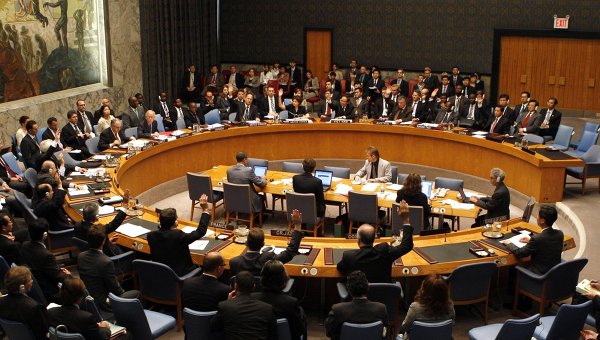UPDATE 1730 GMT: Palestinian Authority leader Mahmoud Abbas has signed documents for the accession of Palestine to international organisations, including the International Criminal Court.
Palestinian officials have said for months that they would move to join the UN agencies and other bodies if their progress to independence was blocked.
The accession to the ICC would allow Palestine to file a war crimes case against Israel, including Israeli actions in its bombing and ground operations in Gaza this summer.
UPDATE 1725 GMT: Israel’s Foreign Ministry has summoned France’s Ambassador, Patrick Maisonnave, for “clarifications” of the French vote for Palestine’s resolution for independence.
National Security Adviser Yossi Cohen has also called his French counterpart, Jacques Audibert, to protest and to express concern over a deterioration in Israel’s relations with France since West Jerusalem suspended talks with the Palestinians in April.
Amid sustained lobbying by the US, the UN Security Council has rejected a resolution that called for a State of Palestine and an end to the Israeli occupation by 2017.
The resolution was supported by eight of the 15 Council members, one short of the number required for adoption. Even if the nine votes had been obtained, the US “no” would have vetoed the measure and prevented its implementation.
The draft came to the Council with a wide base of support. The Palestinian resolution was based on a Jordanian version which in turn had been drawn from a French text developed earlier this month. France, China and Russia supported the resolution on Tuesday, while Britain abstained.
However, the US opposition was decisive. While the Americans were joined only by Australia in the “no” camp, their lobbying ensured that others did not provide the decisive 9th vote in support. Secretary of State John Kerry had a series of discussions, during the drafting of the text, that said both the content and the timing hindered the “peace” process. The US Ambassador to the UN, Samantha Power, said the resolution was “unconstructive, irresponsible, and risked a downward spiral”.
Sources said the Palestinians thought they had the necessary majority and were surprised by Nigeria’s last-minute decision to abstain. They claimed that Kerry and Israeli Prime Minister Benjamin Netanyahu convinced Nigeria’s evangelical President Goodluck Jonathan to stand aside.
Riyad Mansour, the Palestinian Ambassador to the UN, criticized the rejection:
The Security Council has once again failed to uphold its charter duties to address this crises and to meaningfully contribute to a lasting solution in accordance with its own resolutions.
This year, our people under Israeli occupation endured the further theft and colonisation of their land, the demolition of their homes, daily military raids, arrests and detention of thousands of civilians including children, rampant settler terrorism, constant affronts to their human dignity and repeated incursions at our holiest sites.
Chief Palestinian negotiator Saed Erekat implicitly blamed the US:
Although the majority of the Security Council voted in favor of the resolution, once again, certain countries continue to ensure impunity to the Israeli occupation and its severe international law violations by not voting in favor of the resolution.

